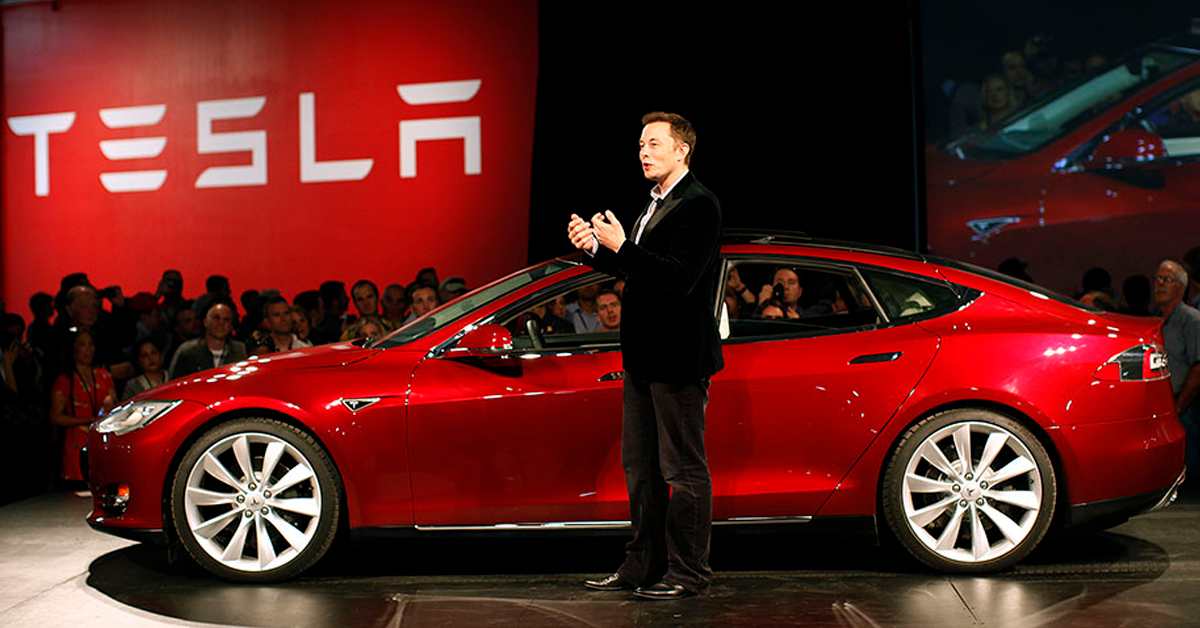
Introduction to Tesla Inc.

The Visionary Origins
The story of Tesla commenced with a resolute vision: to expedite the world’s shift towards sustainable energy solutions. Elon Musk, an entrepreneur renowned for his audacious undertakings, recognized the potential to revolutionize the automobile industry by making electric vehicles not just practical but alluring as well. In 2008, Tesla unveiled its maiden production car, the Tesla Roadster, a high-performance electric sports car that debunked the prevailing notion that EVs were sluggish and uninspiring.
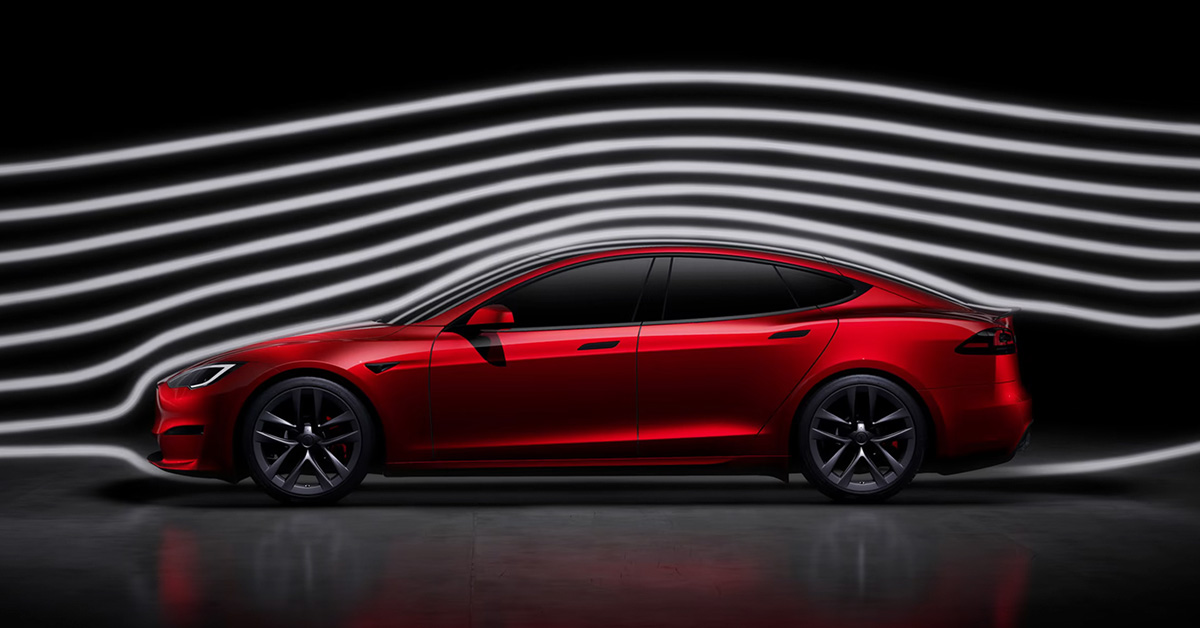
The Roadster’s triumph heralded a new era in electric vehicle development. Tesla’s Model S, introduced in 2012, was a paradigm-shifter. With its remarkable range, cutting-edge technology, and striking aesthetics, the Model S shattered the hegemony of conventional luxury sedans and demonstrated that electric automobiles could outshine their gasoline-powered counterparts. It swiftly garnered a dedicated following and emerged as the highest-selling EV in multiple markets.
Over the ensuing years, Tesla broadened its product portfolio to encompass the Model X (an SUV), the Model 3 (an affordable sedan), and the Model Y (a compact SUV). These offerings democratized electric mobility, rendering sustainable transportation more accessible to a wider demographic.

Autopilot and Full Self-Driving
Tesla’s commitment to innovation transcended electric propulsion. The introduction of the Autopilot feature in 2015 marked a significant stride towards autonomous driving. While not fully self-driving, Autopilot provided advanced driver-assistance capabilities, including adaptive cruise control and lane-keeping, augmenting highway driving safety and convenience.
Tesla concurrently embarked on a quest to achieve full self-driving (FSD) functionality. The availability of Tesla’s FSD package, offered through a subscription model, promised a future in which vehicles could autonomously navigate urban streets and complex environments. Despite enduring regulatory impediments and technical intricacies, Tesla’s advancements in this domain have captivated the imaginations of many.
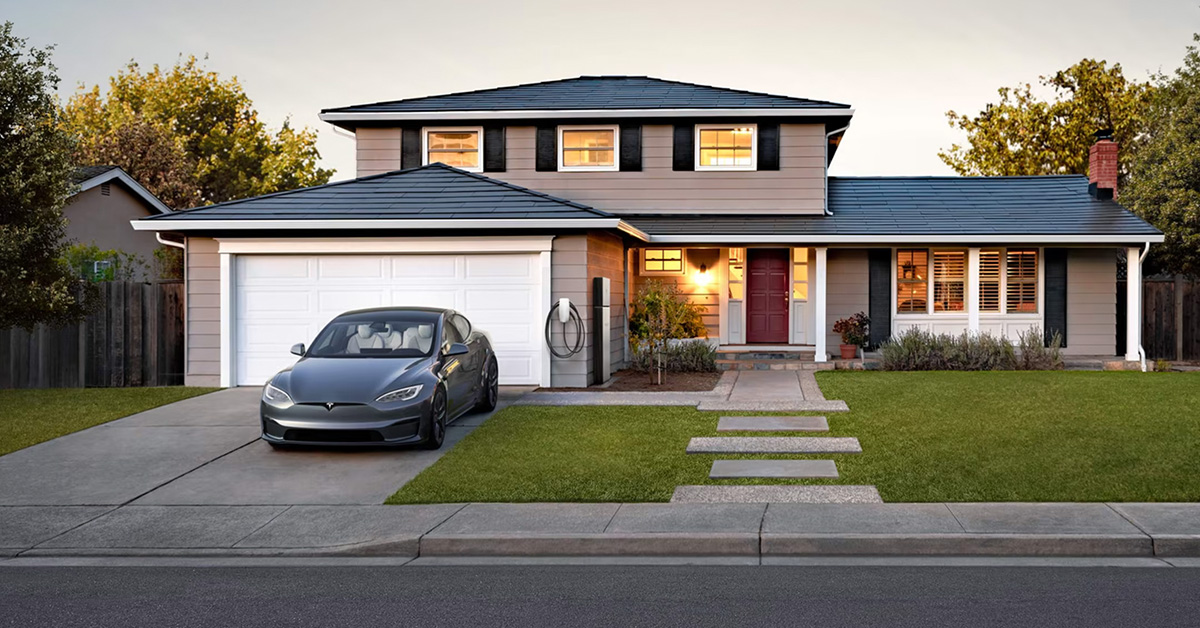
Sustainability and Energy Innovations
Beyond its electric vehicles, Tesla has made remarkable strides in the realm of renewable energy. The company’s energy division manufactures an array of sustainable products, such as solar panels, solar roofs, and energy storage solutions like the Powerwall and Powerpack. These innovations aim to curtail our dependence on fossil fuels and make sustainable energy generation and storage accessible to homeowners and businesses alike.
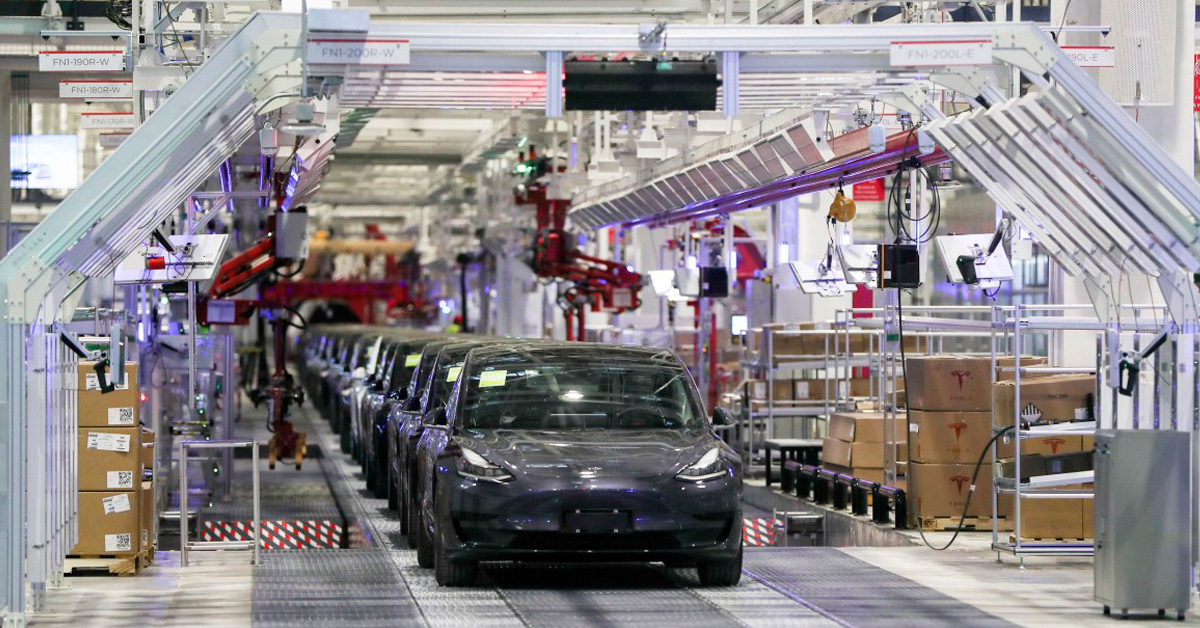
Gigafactories and Global Expansion
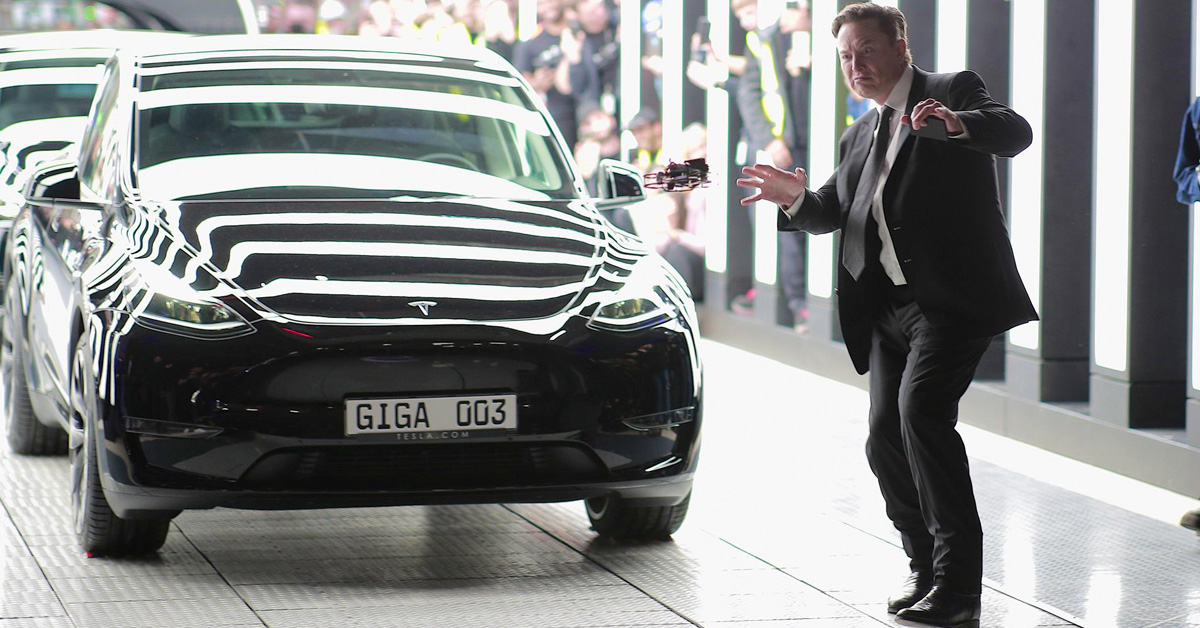
Challenges and Complexities
Final Thoughts
Tesla Inc. has undeniably reshaped the automotive industry and played a pivotal role in steering us towards a more sustainable future. With a diverse product portfolio, technological breakthroughs, and an expanding global footprint, Tesla is continually pushing the boundaries of what’s achievable in the realm of electric vehicles and renewable energy.
Despite the challenges it faces, the influence of Tesla on the industry is undeniable. As other automotive manufacturers follow suit and invest heavily in electrification, it’s evident that Tesla’s vision of a sustainable future is steadily becoming a reality. The company’s relentless drive for innovation and sustainability is poised to shape the way we commute and power our residences for years to come, leaving an indelible mark on the history of transportation.
#Tesla
#Automotive Industry
#Energy Innovation
WDD Malaysia serves as a leading website designer that excels in boosting business outcomes through innovative web design and strategic branding for industries including retail, construction, automotive and healthcare. Their professional website designers focus on creating custom, aesthetically pleasing, and responsive websites that ensure a superior user experience and mobile compatibility. They incorporate sophisticated SEO strategies for enhanced visibility and employ rigorous security measures, along with offering routine maintenance. WDD Malaysia’s branding expertise also encompasses strategy formulation and digital marketing, making them a comprehensive choice for overcoming common digital challenges.





